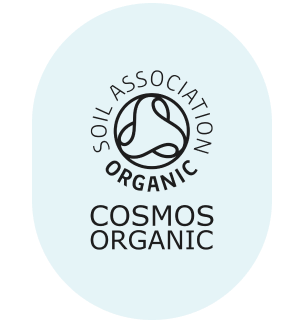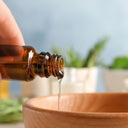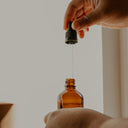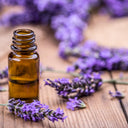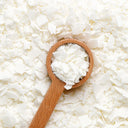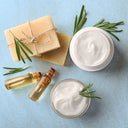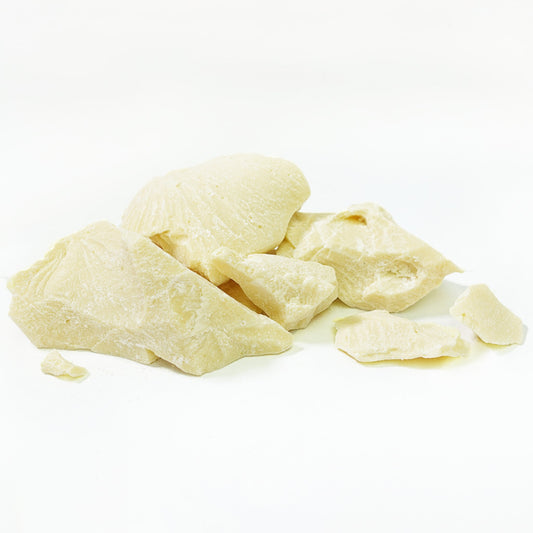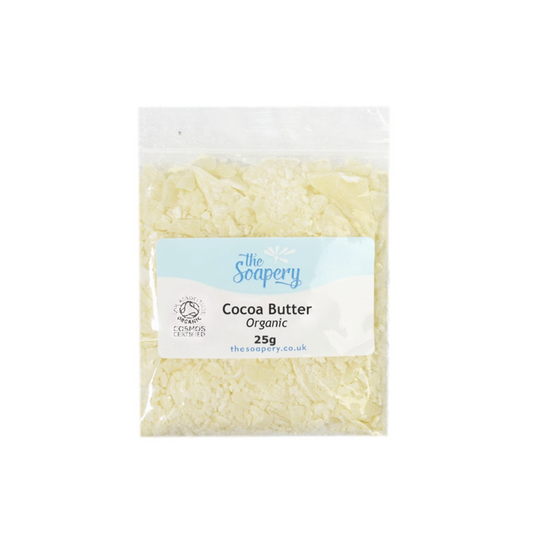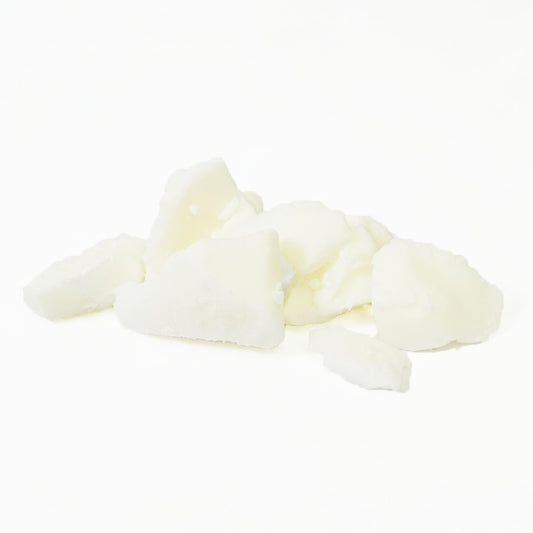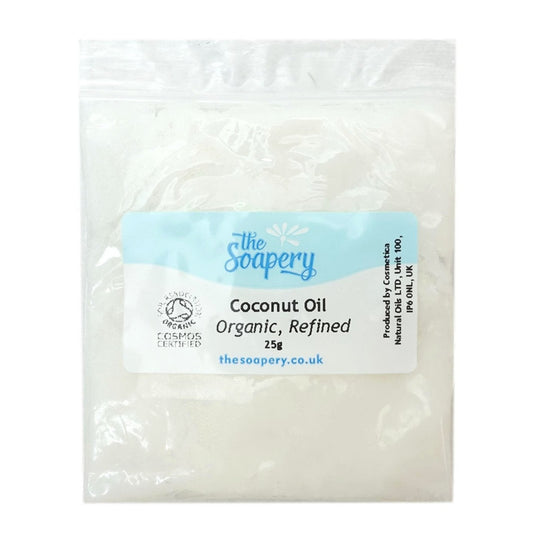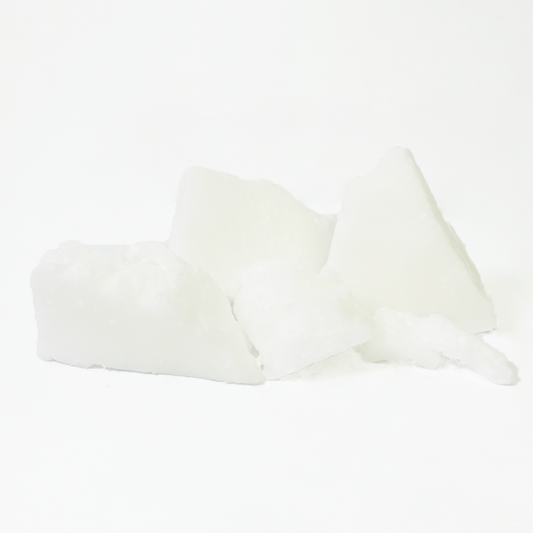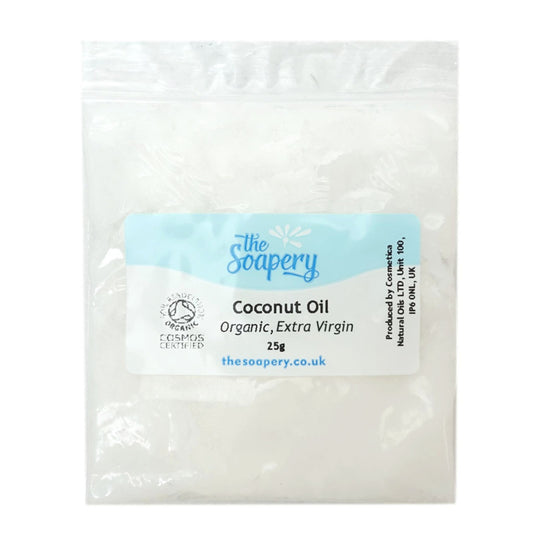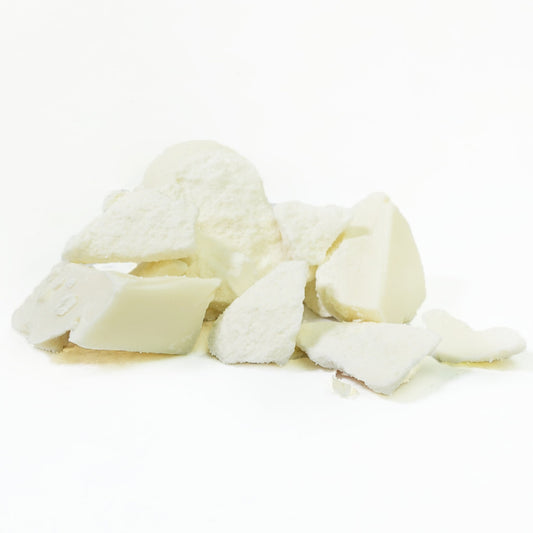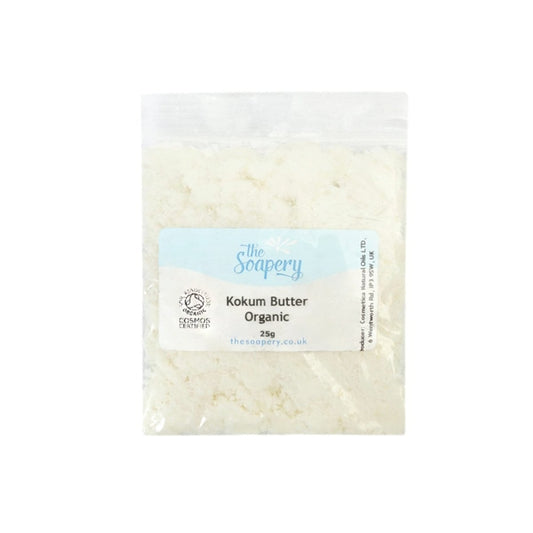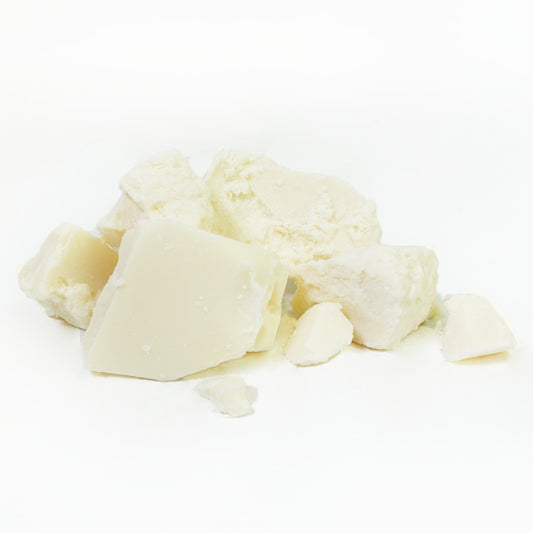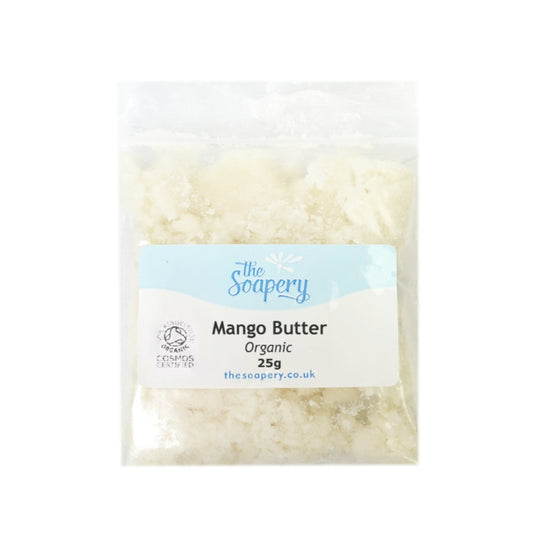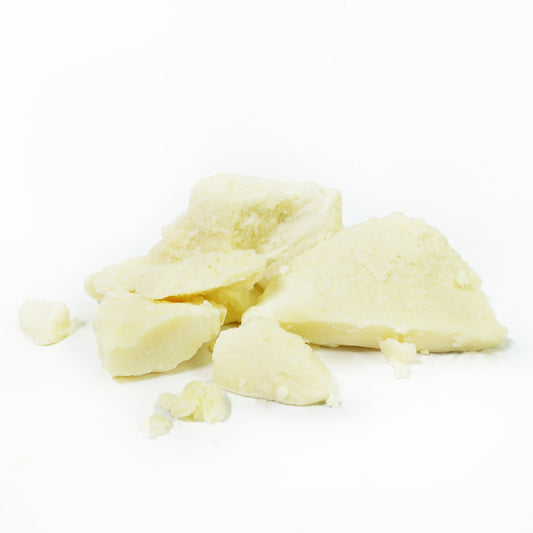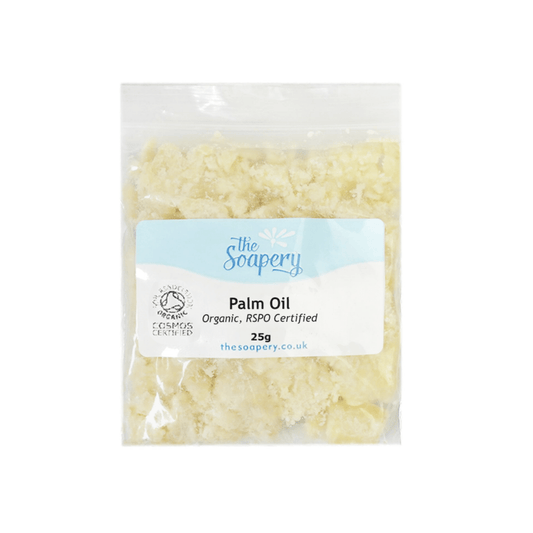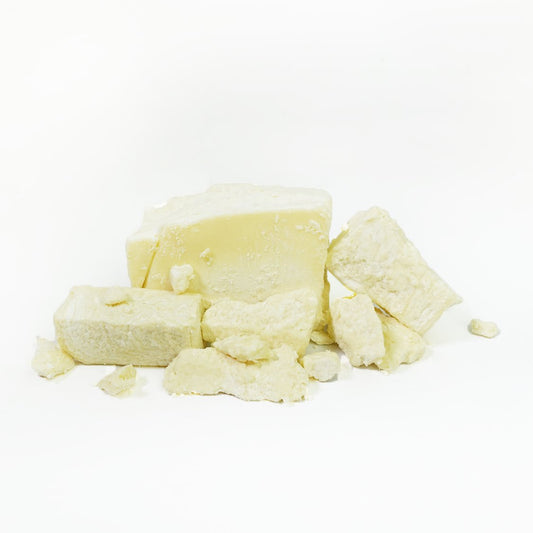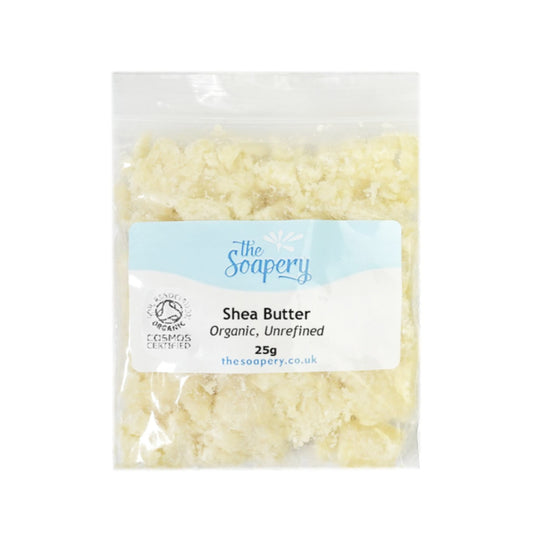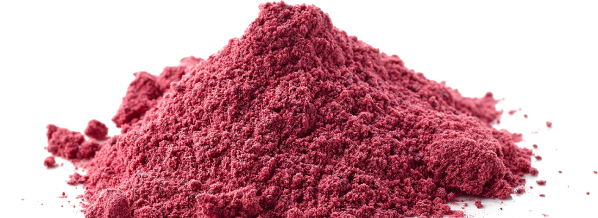
-
Cocoa Butter Organic Raw Unrefined
-
Coconut Oil - Organic Refined
-
Coconut Oil - Organic, Extra Virgin, Cold Pressed
Coconut Oil - Organic, Extra Virgin, Cold Pressed
- Regular price
- From £2.59
- Sale price
- From £2.59
- Regular price
-
-
Kokum Butter – Organic
-
Mango Butter – Organic
-
Refined Organic RSPO Palm Oil
-
Shea Butter African, Organic, Unrefined, Raw
Shea Butter African, Organic, Unrefined, Raw
- Regular price
- From £2.75
- Sale price
- From £2.75
- Regular price
-
Why choose The Soapery?
-
Free Mainland UK Shipping
Get your ingredients quickly at no extra cost.
-
Same Day Dispatch*
Order before 3pm to have your package sent then and there.
-
Low Pricing
No glossy marketing or false promises mean big savings.
-
Ethical Suppliers
No qualms here. Our ingredients are ethically and sustainably sourced.
About Organic Butters
Make our 100% organic bath and body butters the centrepiece of your next creation. Whether you’re crafting up a soapy storm or experimenting with your next batch of all-natural cosmetics, our online collection - from mango, coca, and shea, to coconut and sustainable palm - has the perfect organic butter for you. Shop with The Soapery today for honest prices and free, fast delivery!
Learn More About Organic Butters
Organic butters are the ultimate skincare staple.
Smooth, spreadable, and filled to the brim with skin-loving goodness, The Soapery's hand-selected collection of solid butters for soap and cosmetics make the perfect base or moisturising addition to everything from body lotions to bar soaps.
Sustainably grown and harvested in line with The Soil Association’s strict regulations, our organic butters start life naturally - whether in the form of seeds, nuts, or fruit. The end product? A beautifully creamy range of all-natural fats.
From melt-on-touch coconut oil to firm cocoa, cosmetic butters are used in everything from cold process soap to body butters, lotions, lip balms, and more by creators across the globe. Why not get started and discover what you could make today?
What are Organic Butters?
Butters are a rich ingredient used in cosmetics and soap making. Harvested from natural sources including beans, nuts, and trees, these skin-soothing additions to creams, lotions, and more are made up of - among other natural elements - fats and fatty acids.
Organic butters in particular come with a whole host of added bonuses. Grown, harvested, and distributed in line with The Soil Association’s highest environmental and ethical standards, our certified butters help protect and sustain the environment (including soils, ecosystems, animals, and people).
Thanks to their solid nature - varying from soft and spreadable to smooth and firm - butters give makers like you full control over consistency. Whether you’re looking for a melt-on-the-skin lotion ingredient or a dependable base for your cold process soap, you’ll find it here.
How to Use Organic Butters?
Each of our organic butters is perfectly unique - with textures, colours, and natural properties galore!
With popular uses across the board including everything from body butters, lip balms, and lotions to both cold and hot process soap, there’s almost no end to the list of butter-friendly soap and cosmetics recipes! For example, our sustainably sourced palm oil is often used in soap making thanks to its easy saponification and high palmitic acid content - adding hardness to bars of soap and longevity to lather, whilst our vitamin-packed unrefined shea butter makes a great addition to body butter, hair treatments, lip balms, and more!
Our butters are generally skin safe - with the softest melting on contact. Some are a little more firm and will require melting beforehand. Be sure to find out more about the individual uses of our organic butters in their product descriptions.
The Benefits of Organic Butters
Organic butters are essentially natural solid fats. Their water-free composition keeps them firm at room temperature - but ensures they’re able to melt into the skin, making some a perfect fat (or superfat) for bar soap, and others a great addition to whipped body butters, lotions, and lip balms.
Rich in fatty acids, each butter type boasts a range of benefits - from moisture-locking abilities to anti-inflammatory properties. On the whole, these natural ingredients are key to keeping skin in good shape.
Our butters’ organic certifications also guarantee that your soap and cosmetics creations are kind to both people and the planet. In making the switch, you’re ensuring your ingredients are grown and harvested in the most sustainable way possible - with no GMO or pesticides used in the process!
Our Favourite Skincare Recipes
We Value Each of Our Customers
Accreditations/Awards
We’re committed to offering a vast range of all-natural, organic products certified by The Soil Association, and we take pride in doing our part for the world around us.
Like most ingredients, the oils, butters, powders, and decorations in your handmade products are farmed or extracted from the natural world. Those certified as organic by the Soil Association were grown, produced, and harvested in line with strict regulations designed to protect and sustain the environment, including soils, ecosystems, animals, and people.
